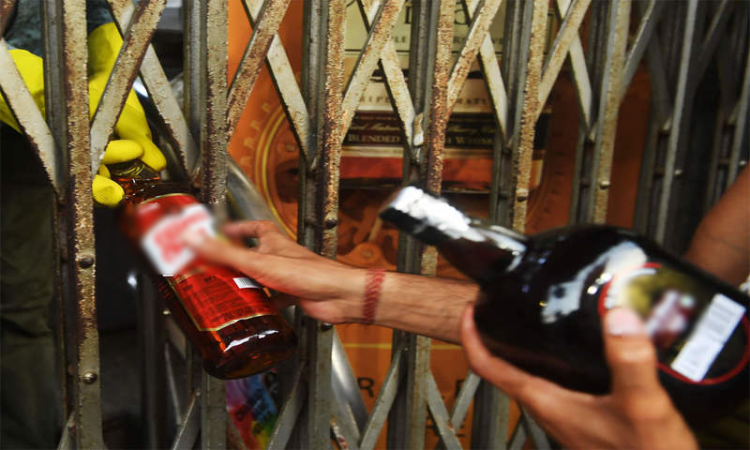Gujarat High Court Holds Petitions Challenging Liquor Prohibition Law As Maintainable
LIVELAW NEWS NETWORK
23 Aug 2021 12:55 PM IST

Next Story
23 Aug 2021 12:55 PM IST
The Gujarat High Court on Monday held as maintainable a batch of writ petitions challenging the prohibition on manufacture, sale and consumption of liquor in the state as per the Gujarat Prohibition Act, 1949.A division bench comprising Chief Justice Vikram Nath and Justice Biren Vaishnav rejected the preliminary objection raised by the State of Gujarat against the maintainability of...
